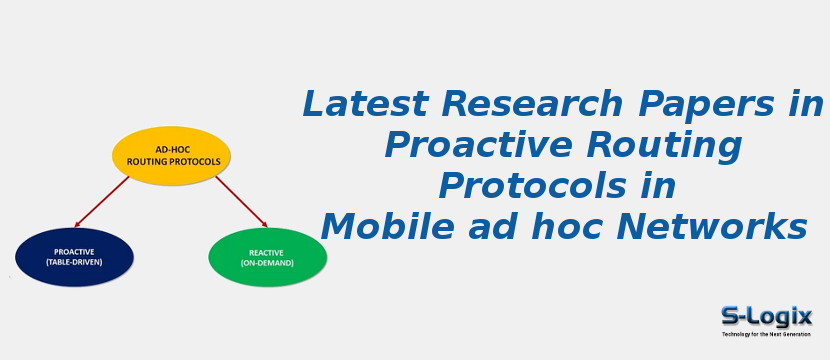Latest research in Proactive Routing Protocols in Mobile Ad Hoc Networks (MANETs) focuses on optimizing traditional protocols like OLSR, DSDV, and FSR to enhance scalability, reliability, and energy efficiency in dynamic wireless environments. Recent studies explore multi-objective optimization of OLSR using NSGA-II algorithms, aiming to balance delay, packet delivery ratio, and energy consumption. Enhanced relay-based link-state mechanisms have been introduced to improve route stability under high mobility conditions, while cluster-based DSDV and SDN-assisted FSR approaches significantly reduce control overhead and routing latency in dense or heterogeneous networks. Comparative evaluations on real testbeds, including OLSR, BATMAN, and Babel, demonstrate that proactive protocols maintain consistent performance in predictable topologies with low route discovery delay. Furthermore, FANET and UAV-specific proactive routing models are being developed to adapt to 3D mobility and energy constraints. Overall, proactive routing research in MANETs continues to evolve toward adaptive, context-aware, and hybrid architectures to achieve seamless communication and optimized network performance in highly dynamic mobile environments.
